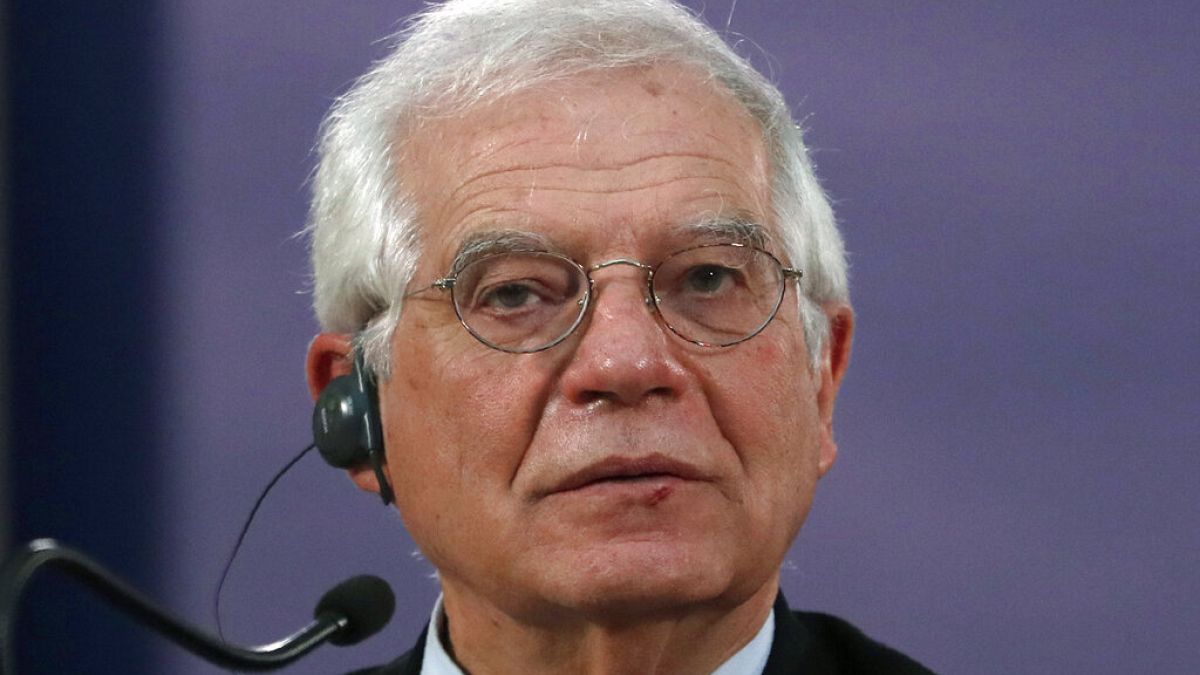Josep Borrell, the European Union's new foreign affairs chief, is traveling to Iran to meet the country's leaders as part of a visit to the Middle East.
Europe’s new foreign affairs chief Josep Borrell said Donald Trump’s Middle East peace plan was unlikely to succeed as he prepared to make his first visit to Iran.
The High Representative of the EU for Foreign Affairs was speaking during a meeting in Jordan with his counterpart. Ayman Hsafadi.
“We are very much aware that the Israeli-Palesitnian conflict is one of the longest, most painful and complex conflicts in our history,” he told reporters.
“The experience over the last 50 years has shown that, without agreement among all sides, no peace plan has a chance to succeed.”
The US president’s Israeli-Palestinian peace plan has been widely rejected by Arab leaders since it was unveiled on Jan. 28.
First visit to Iran in top job
Borrell’s trip to Tehran on Monday is seen as the latest move by the EU to save the 2015 nuclear deal between Tehran and world powers.
Tensions between Iran and the U.S. have steadily risen since President Donald Trump withdrew from the nuclear agreement and re-imposed sanctions on Iran in 2018. Tehran has responded by gradually rolling back its commitment to the deal.
Borrell will meet Iran’s foreign minister, Mohammad Javad Zarif, and other officials.
It is his first visit to Tehran since taking office. He met Zarif in Brussels in January, when European foreign ministers organized a special meeting to discuss the ongoing crisis.
After the U.S. drone attack that killed Iran’s top general Qassim Soleimani in January, Iran announced that it would no longer respect limits set on how many centrifuges it can use to enrich uranium.
Zarif said the move was a “remedial step” taken within the framework of the nuclear deal. He said it could be reversed.
The deal struck in 2015 aims at capping Tehran’s nuclear activities in return for lifting sanctions. Iran signed the accord with the United States, France, Germany, the United Kingdom, Russia and China.
